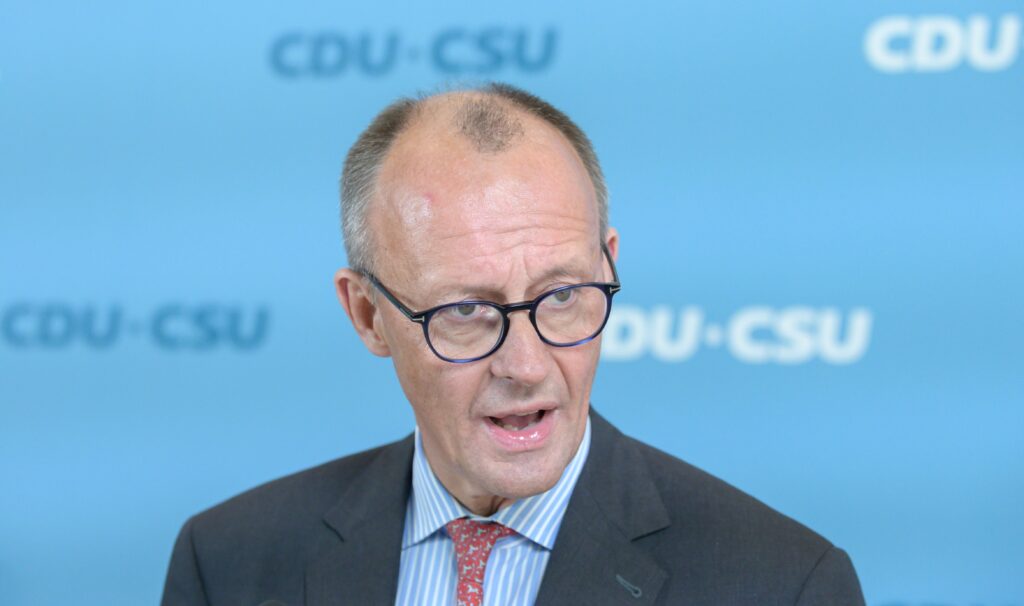The centre-right Christian Democratic Union (CDU) is facing intense criticism for introducing a strict migration motion that gained support from the far-right Alternative for Germany (AfD).
CDU leader Friedrich Merz, the front-runner to become Germany’s next Chancellor, denied any collaboration with the AfD despite their backing of his proposal.
“We will never work with the AfD—not before, not after, never,” Merz stated at the CDU’s federal party conference in Berlin.
Merz condemned the AfD, calling it his “most important opponent” in the upcoming February 23 election.
“The AfD opposes everything we stand for—our Western orientation, the euro, and NATO,” Merz told party members.
Markus Söder, leader of the CDU’s sister party, the Christian Social Union (CSU), echoed his stance.
“We say it again and again: No to any form of cooperation with the AfD. We will fight them with full force,” Söder declared.
However, Merz’s migration motion passed in the Bundestag with AfD votes, triggering outrage across Germany.
The controversial vote led to nationwide protests, with demonstrators accusing the CDU of breaking Germany’s post-Nazi pledge to avoid support from far-right parties.
Former Chancellor Angela Merkel publicly rebuked Merz, calling his decision to pass legislation with AfD support “wrong”.
Current Chancellor Olaf Scholz and Merkel accused Merz of breaking his promise to reject AfD-backed measures.
Meanwhile, left-wing populist leader Sahra Wagenknecht used the controversy to attack CDU/CSU and AfD, claiming that their policies would lead Germany into further decline.
Merz dismissed the backlash, arguing that tougher migration policies reflect conservative values and voter concerns rather than AfD cooperation.
Scholz, however, suggested that Merz could no longer be trusted not to form a government with the AfD, an accusation Merz fiercely denied.
Despite the controversy, Merz remains ahead in the polls and insists that CDU will stay firm on migration reform.
